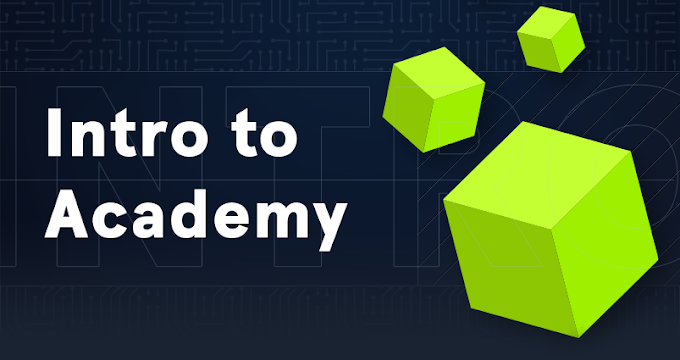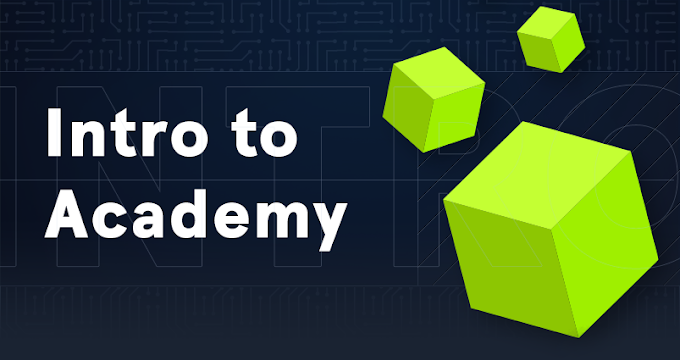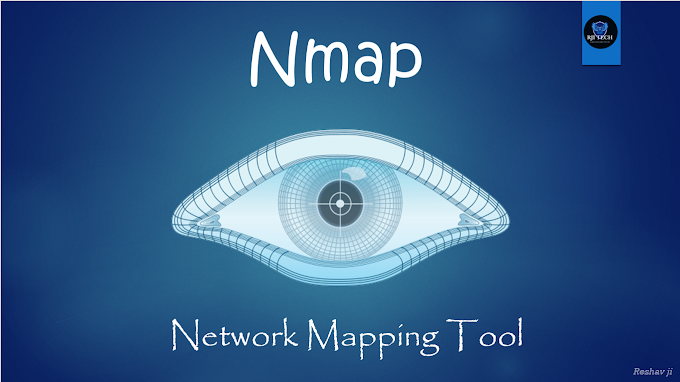
Frustration is an emotional reaction to an event, situation, or condition that occurs in the form of disappointment or powerlessness. Most often, such a feeling occurs in varying intensity, depending on expectations or desires. There are two different types of frustration. One is caused by external influences, such as negative opinions of superiors, and the other is caused by inner frustration, caused by conscious or somewhat subconscious thought processes.
Most people are not aware that feelings reflect subconscious thoughts and thought processes. That is why we can understand quite well how we think from our feelings. Often it helps to listen to our thoughts from a 3rd-person perspective or imagine that our best friend expresses these thoughts. With that, we gain some distance from the feeling of being affected by it, which makes it easier to construct an objective opinion and judgment about it.
Everyone has an individual frustration tolerance, which is why people with a low frustration tolerance tend to give up or break off quickly when unexpected resistance arises, or the expected success does not occur within a specific time. The result of this behavior is an increased tendency to stress and avoidance and partly aggressive forms of reaction.
The frustration tolerance can be trained and developed very well. There have certainly been situations where we may have experienced a friend in a stressful situation who remained impressively calm. For this situation, the frustration tolerance was very pronounced. Many factors can speak for this, but the fact remains that the situation seemed to be much more stressful for us than our acquaintance let it affect him.
In order to express frustration tolerance in this way, it is crucial to know where it comes from. Let us take a look at the following diagram:
 |
Since we are dealing with frustration here, we can see from the diagram that, in this case, we lack some resources that frustrate us. In information security and pentesting, these kinds of resources will often be information that we have to work with. Perhaps we have already read it several times that "Enumeration is key". If not, it is not bad. We will fall over it.
Since we are dealing with the offensive aspects of information security, it is essential that we can get the information by ourselves. This is a skill that must be continuously trained. We will have to deal with different services, sources, and technologies to find out how to get the information we need. The feeling of frustration with a lack of resources depends on our skill. If we do not have the necessary skills, we will feel anxiety, which brings us back to the topic of comfort and comfort zone. We should also understand the connections between the individual topics better to get back to the frustration tolerance level.
To express our frustration tolerance adequately, we need to consciously but in a controlled way, place ourselves in situations where a particular frustration can be assumed. It is important to note that this must be done in a controlled and conscious way. It must, therefore, be our conscious decision to deal with the upcoming situation.
To make it a little clearer, pay attention to our feelings for the following example:
Imagine that you have to catch a train. To catch it in time, we are forced to run about 2 miles quickly. We take all excuses and changes out of the situation for this example ("Think Outside the Box") and determine that you have no other choice in this example. We will be sweaty, maybe we will even get a bit dirty and out of breath, and maybe we will even miss our train because it came too early for once.
Furthermore, now let us change the situation a little bit and imagine that you consciously decide to leave the house too late and run fast to catch the train.
Even if we do not catch that train, our frustration level will be much lower than in the first example. We will no longer pay attention to the external factors we blame for not getting the train, but we will find ourselves analyzing our reactions.
Do not forget that this feeling of frustration is temporary. This means that when we feel frustrated, it will pass. Most people get scared and panicky at such a feeling, which leads to the fact that such people sometimes even react aggressively. They are not aware that it is a temporary feeling. Therefore, we do not need to be afraid to venture into such situations. Frustration passes, the experience we have gained through it remains.
Instead, over time, we will become calmer in reacting and dealing with such stressful situations, which in turn will strengthen our self-confidence. We can control our inner frustration. The frustration of the external factors, however, can hardly be controlled.






.gif)
